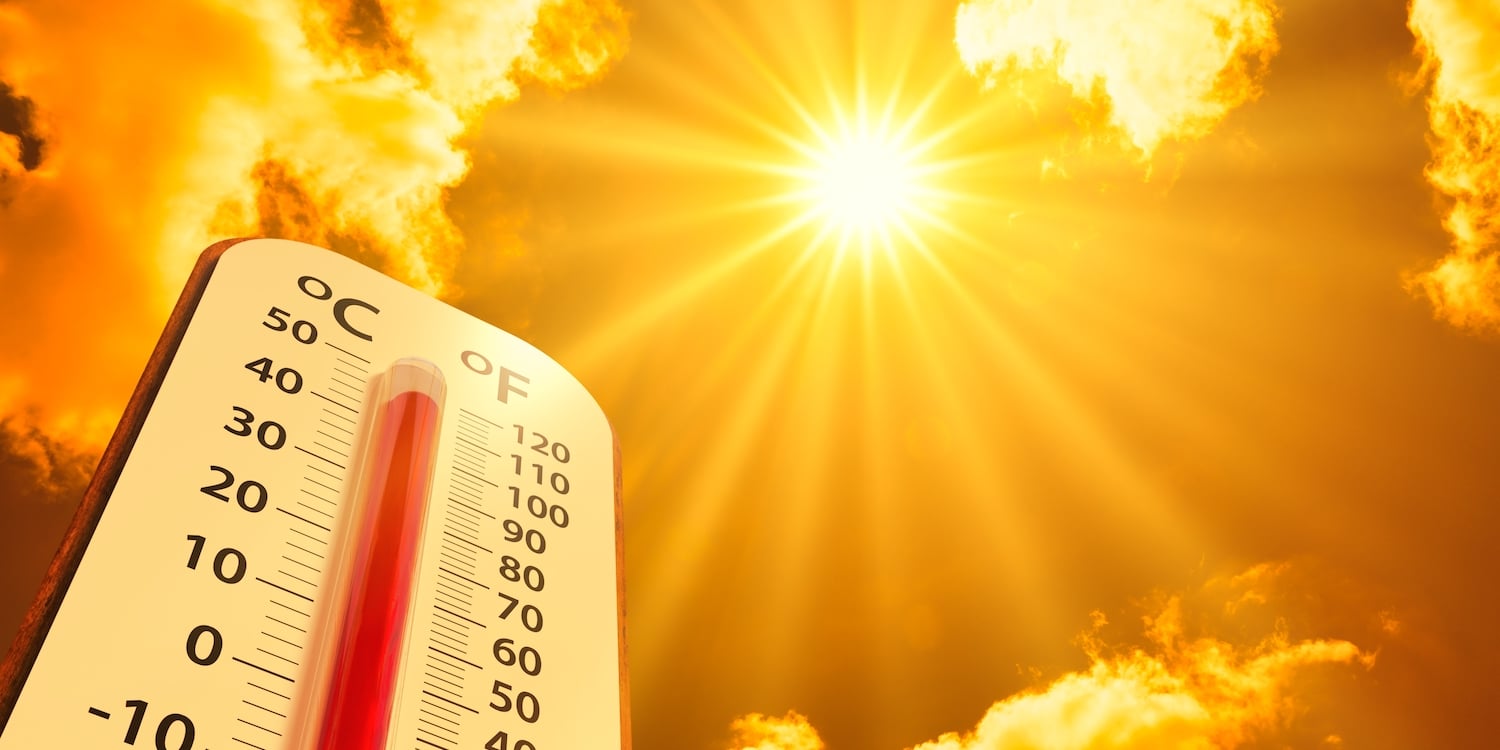Do you reside in Tucson, a city known for its blistering summers? Have you considered solar energy as a way to harness that intense heat and turn it into cost-effective, renewable power? If so, you might be wondering how the sweltering temperatures impact solar panels’ performance. This blog post aims to demystify this crucial topic.
How Solar Panels Work
To understand how heat affects solar panels, we first need to grasp the underlying principle ofhow solar panels work. Solar panels convert sunlight into electricity through photovoltaic cells. These cells absorb photons (light particles) and generate an electrical current. It’s the sunlight – not the heat – that powers a solar panel.
How Heat Affects Solar Energy
As counter-intuitive as it may seem since we associate heat with sunlight, excessive heat is not beneficial to the photovoltaic conversion process. Solar panels are tested and rated at a standard temperature of 25°C (77°F). As the temperature rises beyond this point,solar panel efficiency tends to decrease. This phenomenon is due to the thermodynamic characteristics of the semiconductors used in solar panels.
Without getting too technical, the basic principle is that as the heat increases, it generates more “obstacles” to the free flow of electricity, leading to a reduction in efficiency.
Are Solar Panels Worth It In Tucson?
But what does this mean for Tucson residents? Tucson’s average summer temperature far exceeds the standard 77°F, so does this make solar panels less effective here? Not exactly.
Remember, the chief source of power for solar panels is sunlight, not heat. Tucson, known for its sunny climate, enjoys more than 350 days of sunshine each year. This abundant sunlight offsets any efficiency loss due to heat.
Furthermore, modern solar panel manufacturers understand the impact of heat and design their products to withstand high temperatures. For instance, they utilize cooling techniques and heat-tolerant materials to reduce heat impact on the panels’ efficiency. Additionally, solar panels are installed with a gap between the panel and the roof to facilitate airflow and cooling.
On top of that, the National Renewable Energy Laboratory (NREL) devised the “temperature coefficient” rating to help consumers understand how their solar panels will perform in their local climate. For instance, a solar panel with a temperature coefficient of -0.5% per °C would lose 0.5% efficiency for each °C above 25°C. At Solar Pros, we ensure that we use solar panels that are optimized for our hot summers.
Make The Switch To Solar
In conclusion, while heat does affect solar panel efficiency to some degree, it should not deter Tucson residents from investing in solar energy. The city’s abundant sunlight more than compensates for any losses in efficiency due to high temperatures. Moreover, advances in solar technology and careful selection of solar panels suited to the local climate can minimize these efficiency losses.
Solar energy is a practical, eco-friendly, and increasingly economical energy source for Tucson residents. If you’re ready to harness the power of the sun, contact our expert team of solar panel installers. We can guide you in selecting the best solar panels for Tucson’s climate and ensure optimal installation for maximum energy production.




